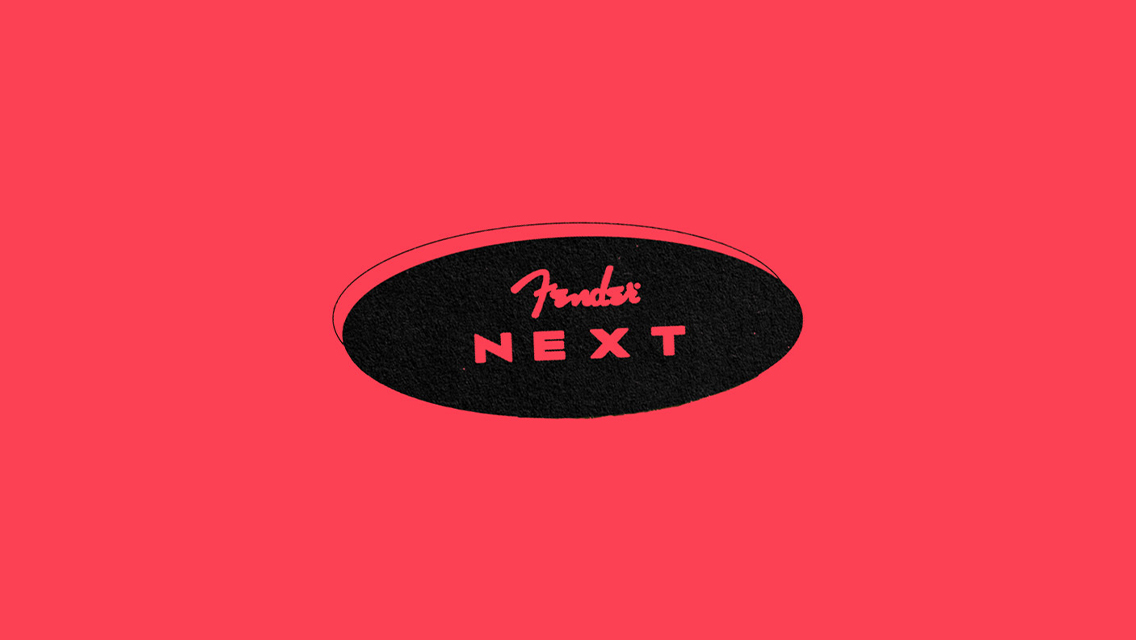
Sections
When you're learning to play an instrument, it's easy to think that your progress will really start to take off once practicing becomes a habit. But according to Nir Eyal, who literally wrote a book on habits called Hooked, you can't ever rely on practice to become a habit - at least not in the technical sense of the word.
"The definition of a habit is a behavior done with little or no conscious thought," he says. "Playing might be a habit, but practicing will not become a habit. The reason is that practicing requires deliberate attention. It requires hard work."
It's not just wordplay, but an important concept, because if you expect guitar practice to be as effortless as brushing your teeth, then you'll likely face disappointment in how much you actually sit down to improve your mastery of an instrument.
So what's the solution? Eyal advises that you abandon the idea of effortless practice, and instead take the steps to form a routine around practice.
Here's how:
1. Schedule Practice Time
When people don't set what psychologists call an "implementation intention," - which is a fancy word for deciding in advance what you're going to do and when you're going to do it - it's pretty unlikely that you'll follow through, especially if it's a challenging task like learning a song on a new instrument.
"Make sure it's sacred time that you're going to spend in deliberate practice," says Eyal.
If you're a Fender Play member and would like to schedule a practice reminder, check out how to do it in the app here.
2. Find Joy in Practicing Guitar
Finding the fun in practice is easier said than done. But unless you enjoy the behavior itself, you won't do it sustainably over time. According to Eyal, it's helpful to look for an internal reward, rather than some external goal.
"If it's not something you find intrinsically pleasurable, you're doing it for some extrinsic reward like, Wow, wouldn't it be great if I was famous?, then that's not the right goal," Eyal says. "The goal should be, Oh my god I want to play this song. Wouldn't that be cool?"
The more you can focus on the joy of practice itself, the more likely it is that you will create the kind of steady routine that will pull you through to success.
3. Practice for Shorter Periods
There's a pleasure in focusing intently on a single action, so if you're finding it hard to make a routine, or you've stopped practicing and need to get back into it, try to find the minimum amount of time you can focus on one task. Find the smallest increment of a challenge, one riff or a chord change you want to master, and practice just that for five minutes.
You may not be able to rely on practice to become a habit, but you can take some simple steps to build up a routine. And once that's thriving, you'll likely notice how productive and rewarding practice can be.
Find out how to set your practice reminders. And if you're not a member of Fender Play yet, sign up for your free trial.
Don’t miss out!
Be the first to know about new products, featured content, exclusive offers and giveaways.


